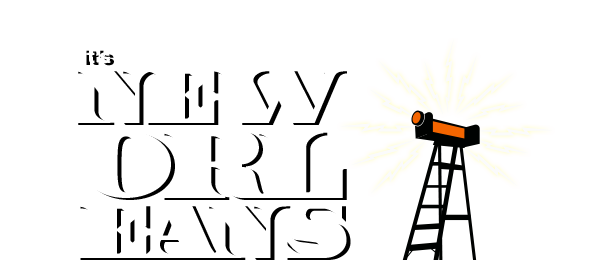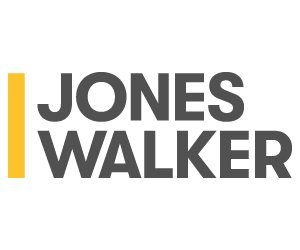Throughout history there are commonly periods of societal narcissism in which we believe our own era is the most extreme example of whatever condition we’re considering. For example, in the 1950’s, Americans regarded the automobile as the absolute apex of human engineering, even though some thousands of years before, humans had managed to build the pyramids.
Since the invention of fiction, we’ve credited contemporary creators with devising the most fantastical worlds ever imagined – from Samuel Taylor Coleridge’s poem Kubla Khan, to Walt Disney’s Disneyland. But it’s hard to imagine an era more extreme than the one we’re living in today. Even with the caveat of misplaced narcissism, there has never been a greater disparity between the real world and the non-real world. Between, say, the world of manufacturing, and the promised land of the metaverse.
The metaverse is a more-or-less parallel rendering of the real world, in a 3D digital dimension. Although we’ve been promised versions of this vision for years – with names like “holograms” and “VR” – the latest portal into this alternative universe is called “Web3.” Web3 is built on the blockchain, which is, at its heart, a metaverse where we can relate to each without going through a middle-man. In other words, in this utopian digital future we won’t need Facebook, Netflix, or anybody who builds an online platform for us, because, somehow, we’re all going to be able to build these bridges between ourselves.
So, the question is – is Web3 another empty promise about mass market adoption of life-changing Virtual Reality – which is always just about to happen but never seems to – or, is a blockchain, crypto-currency, free-to-be, Web3 world really here? Arguably New Orleans most successful entrepreneur ever is betting on option number 2.
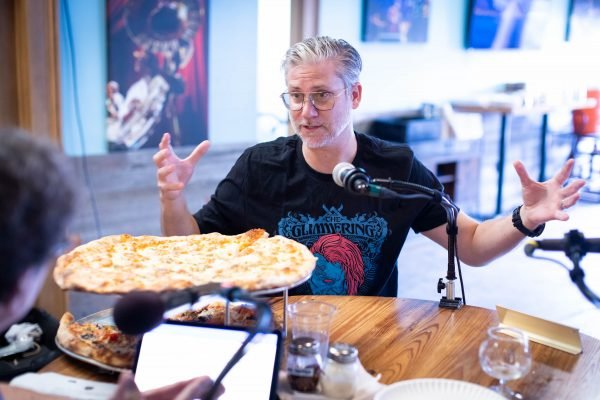
Patrick Comer explains how he’s taking Dungeons & Dragons into the metaverse
In 2010, Patrick Comer created a real-world company called Lucid (now Cint), which dealt in collecting data. In 2021 Patrick sold Lucid for $1.1 billion. Patrick’s latest venture is called Gripnr. Gripnr couldn’t be more untethered to the real world if it was an acid trip. Gripnr is a Web3, blockchain-based platform that allows online game-players to play a game like Dungeons and Dragons and incorporate crypto-currency and NFTs into their online gaming world.
Meanwhile, back in the real world, Stephen Bateman has a forge in the back yard of his house in Jefferson Parish.
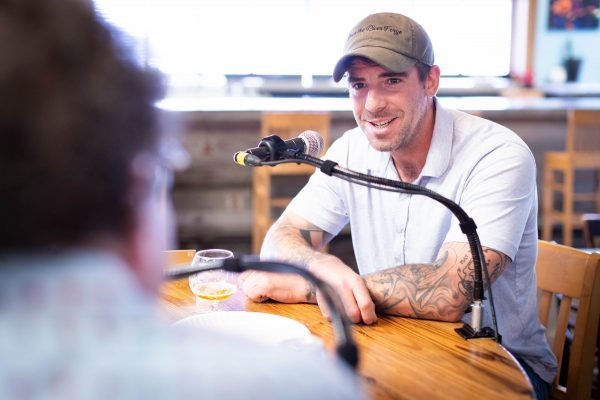
Stephen Bateman forges knives in his back yard
Stephen is the owner and sole employee of his company, Down The River Forge. He spends his days making knives. Stephen started the business in 2020. Today he’s making high-end, hand-crafted hunting knives, kitchen knives, meat cleavers, oyster shuckers, and cane knives, for clients across the country and around the world, as far away as New Zealand, Norway, and the UK.
If you want a handmade knife from Down The River Forge, your current wait time is 18-20 weeks. And, thanks to Stephen’s appearances on TV, and the organic success of Down The River Forge’s Instagram account, Stephen’s client list is growing every week.
If you’ve ever been in a brainstorming session, you’ve probably heard an encouraging moderator try and elicit input by saying, “There’s no such thing as a bad idea.” On the other hand, anybody who has sat through a pitch session in which entrepreneurs pitch concepts for startup businesses, will tell you there is no shortage of bad ideas.
Or so they think.
In reality, there are countless stories of very successful businesses whose founders had people tell them, “It’ll never work.” Patrick’s startup, Gripnr, is a business that is so cutting-edge it’s almost literally in a world of its own. And who would have known that there is such an enormous demand for custom knives until Stephen had the courage to commit to Down the Rive Forge.
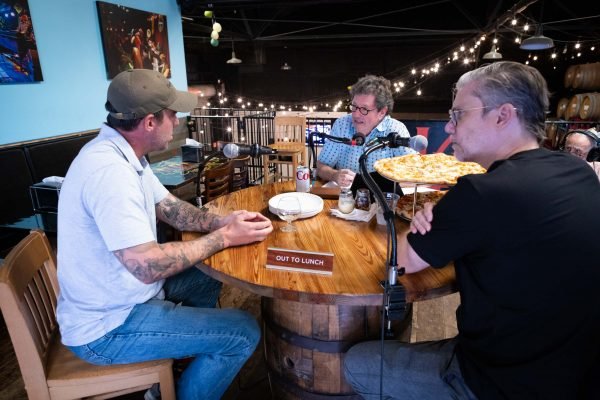
Stephen Bateman, Peter Ricchiuti and Patrick Comer, Out to Lunch at NOLA Brewing
Peter Ricchiuti has ended quite a few of these Out to Lunch shows over the years by saying “I look forward to following you and keeping up with your continued success,” but it’s doubtful that he’s ever meant it more than he does after hearing these two very different entrepreneurial tales.
Out to Lunch is recorded live over lunch at NOLA Pizza in the NOLA Brewing Taproom. Photos by Jill Lafleur.
Check out Patrick’s last appearance on Out to Lunch talking about how he sold Lucid.
